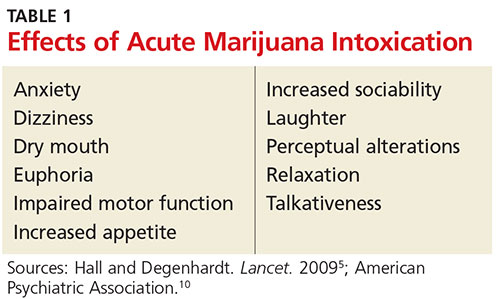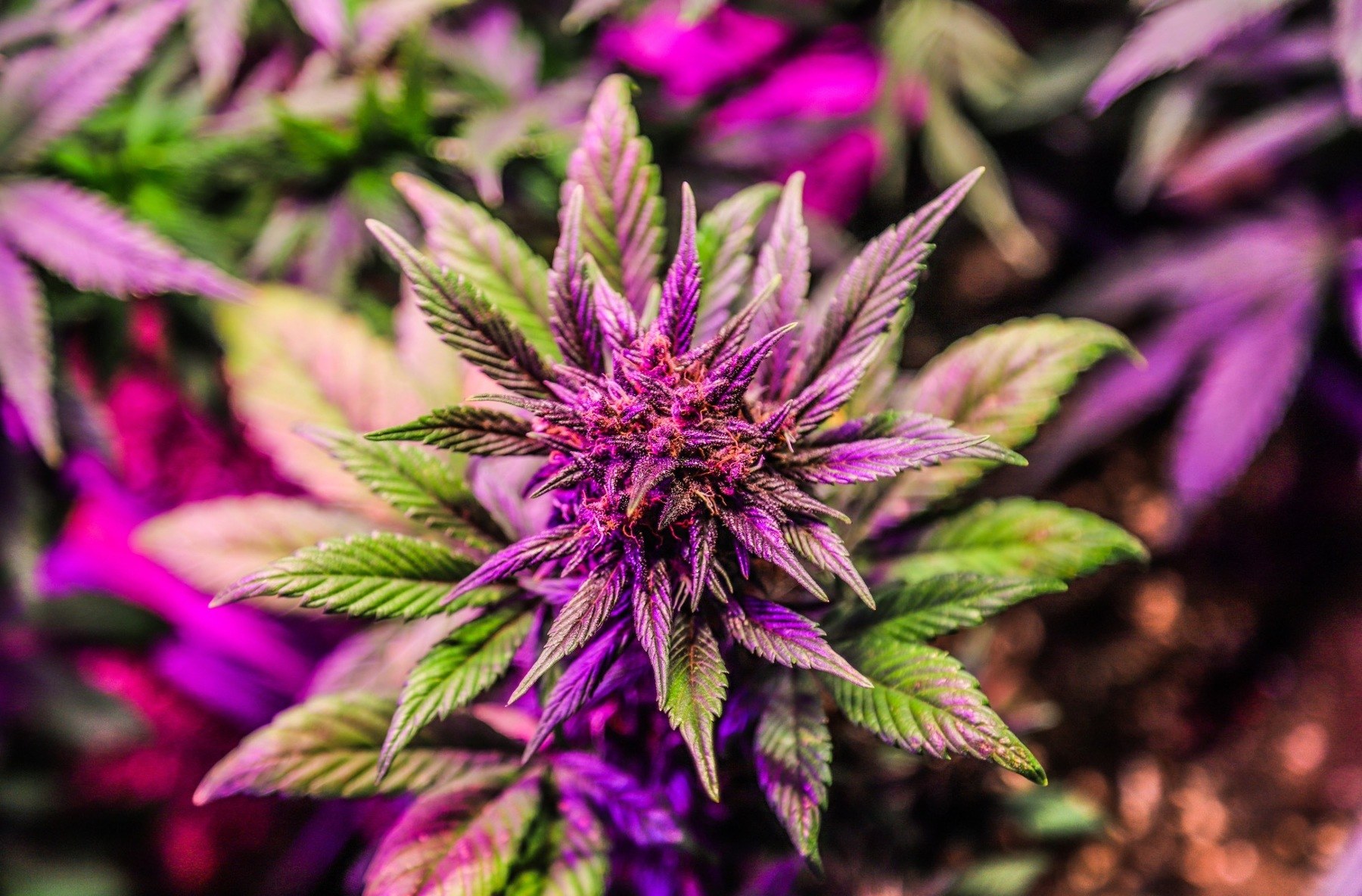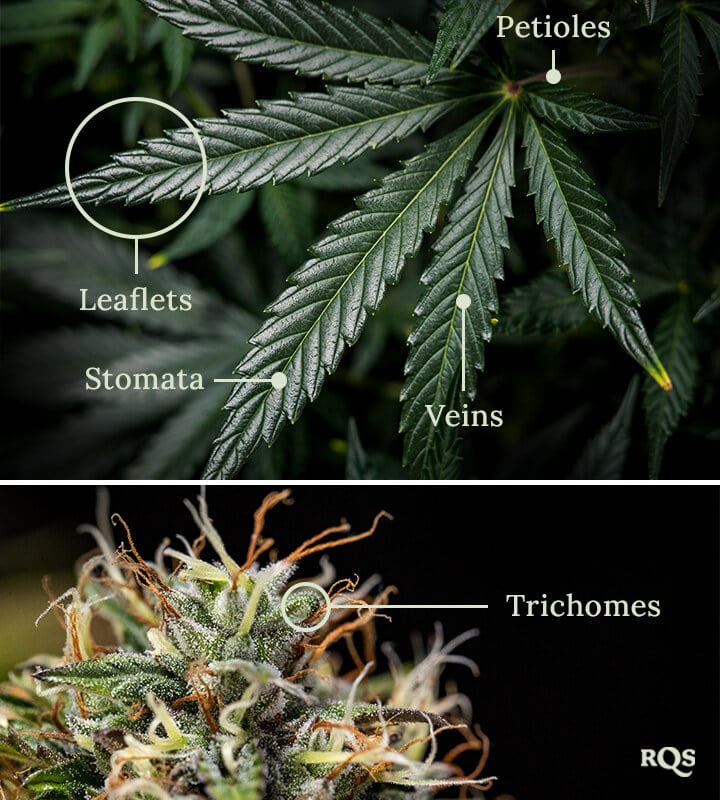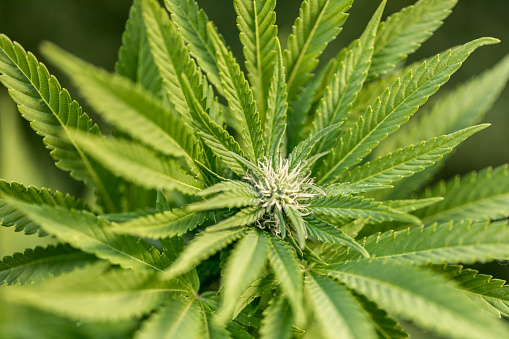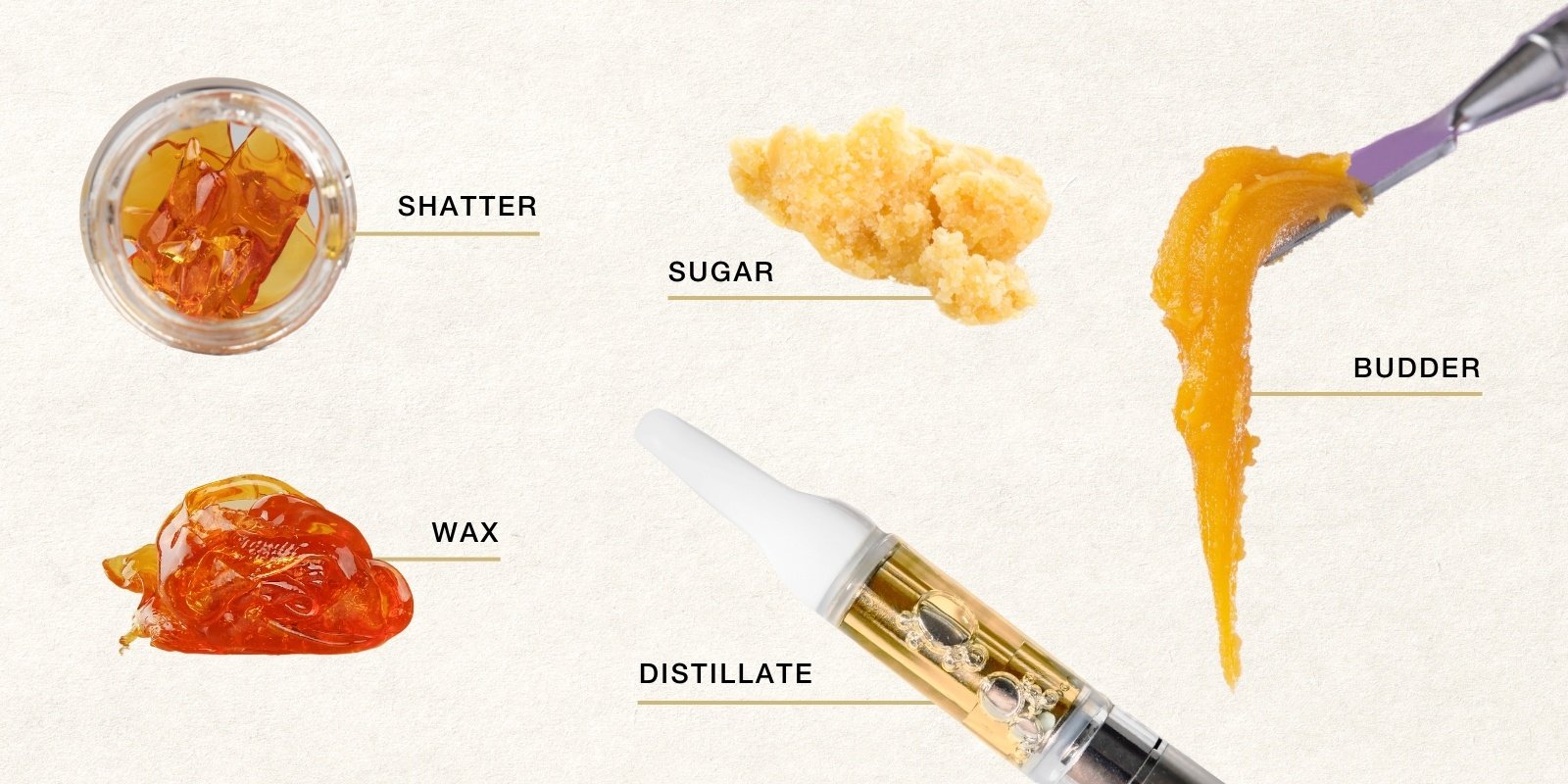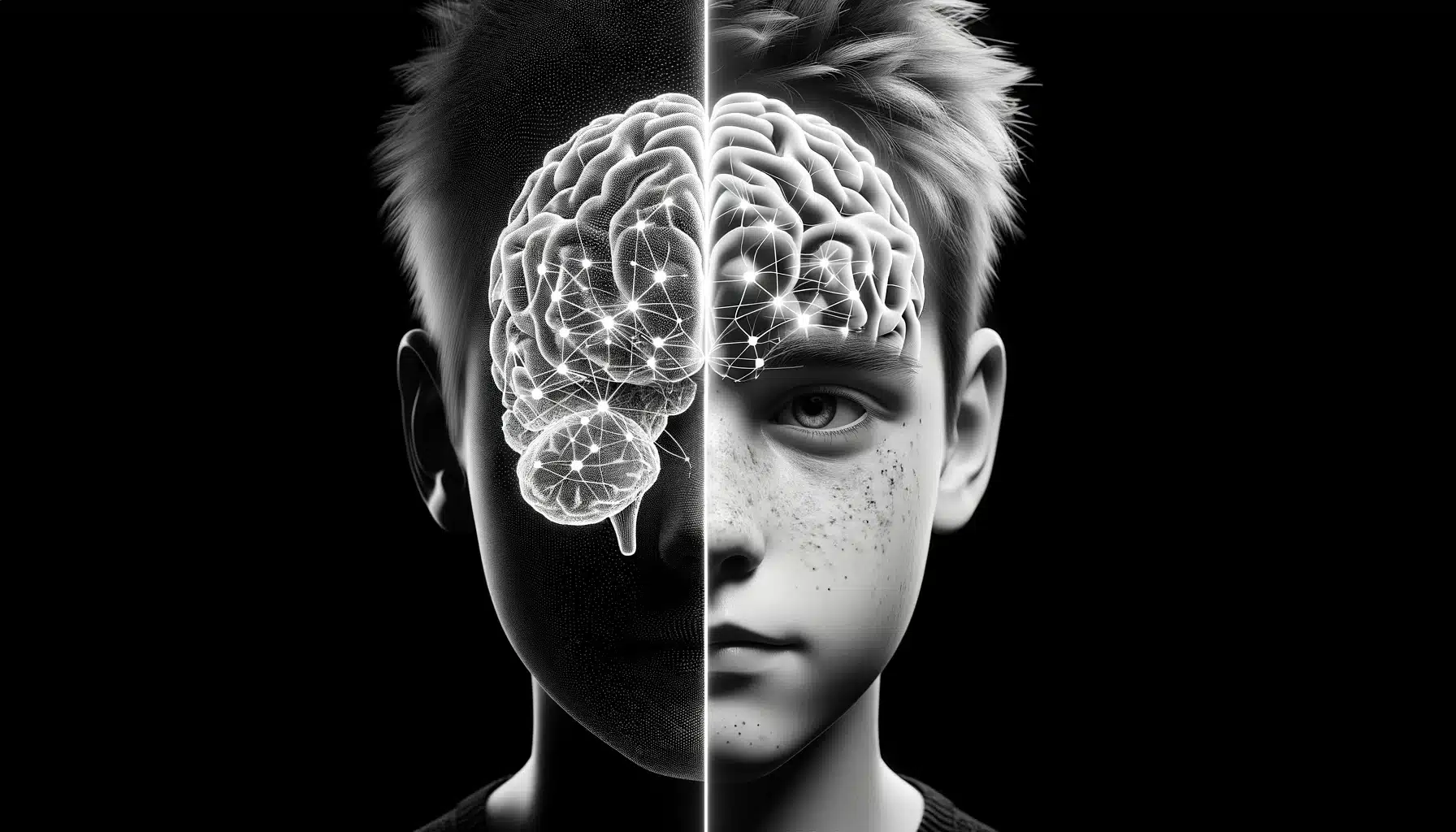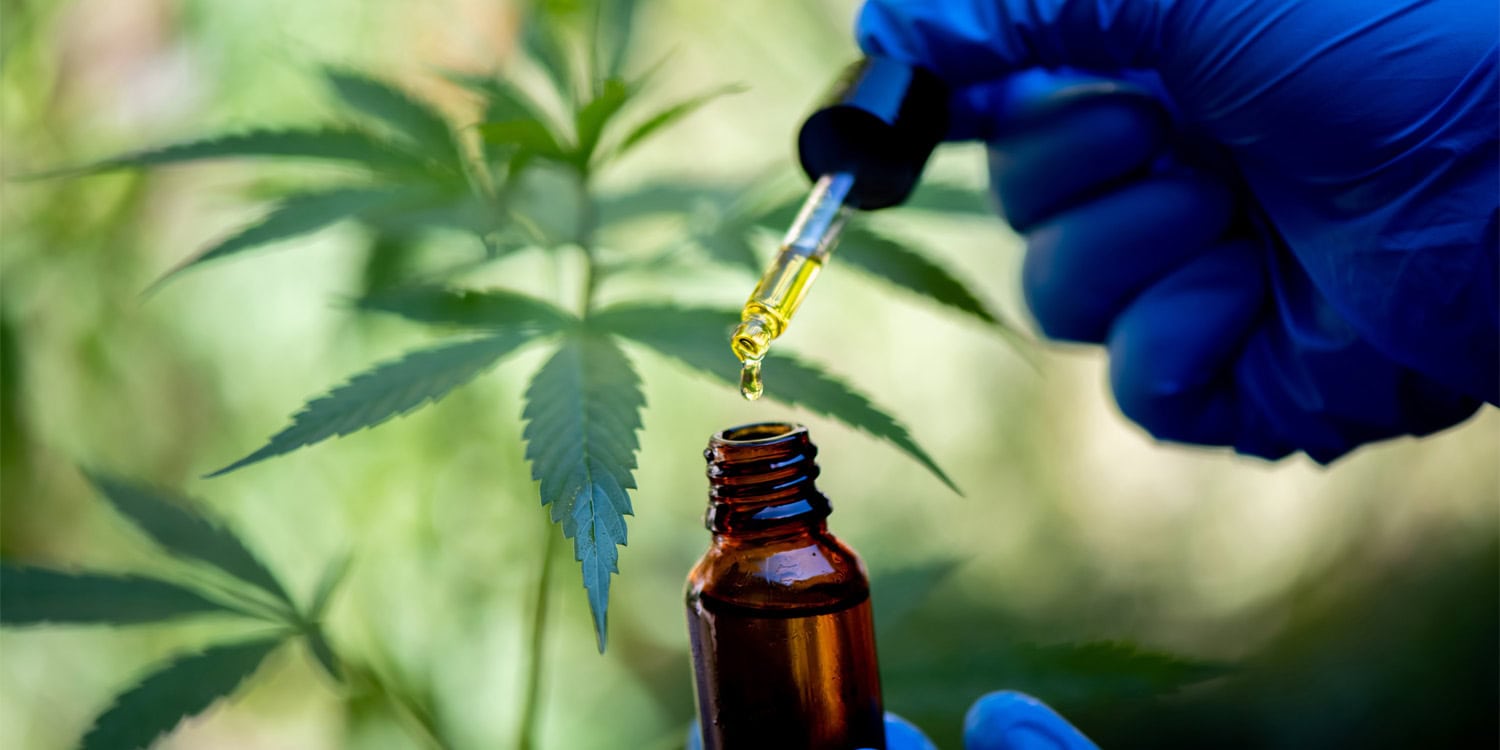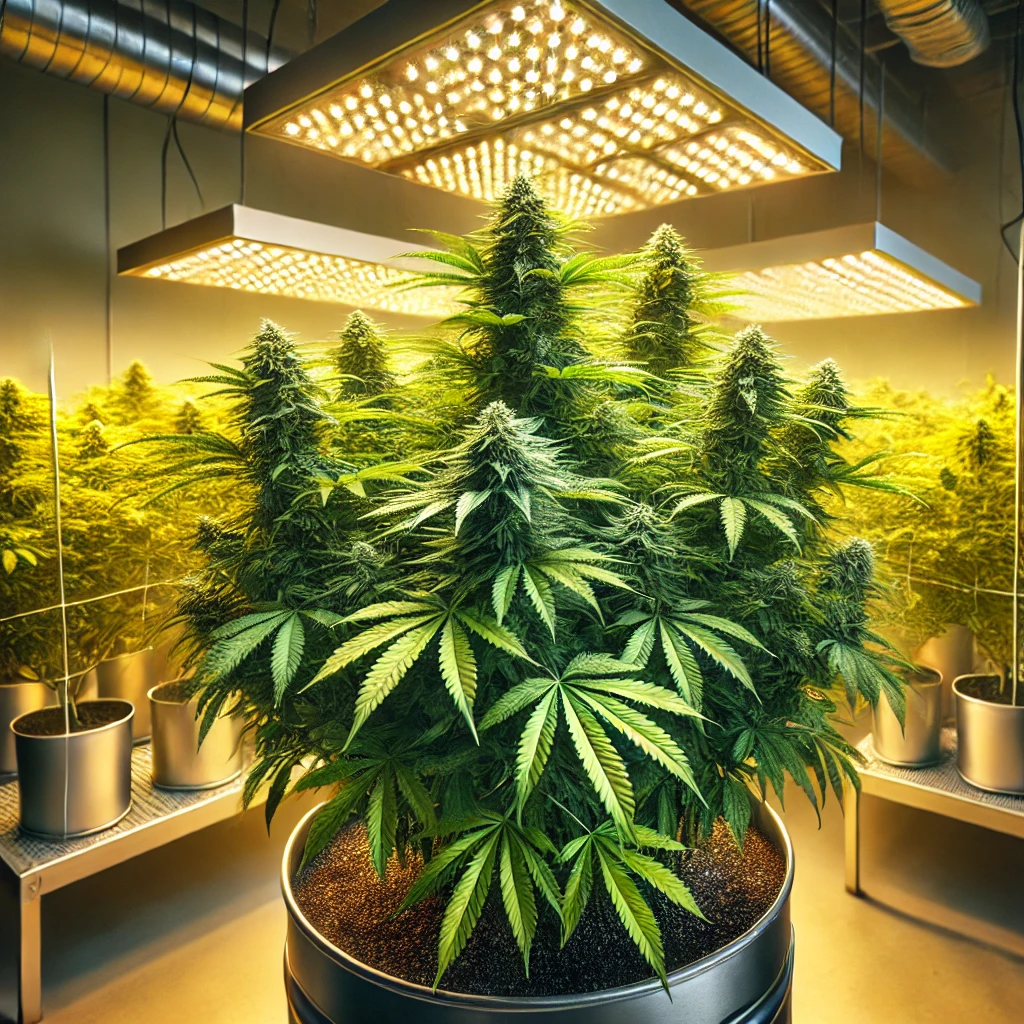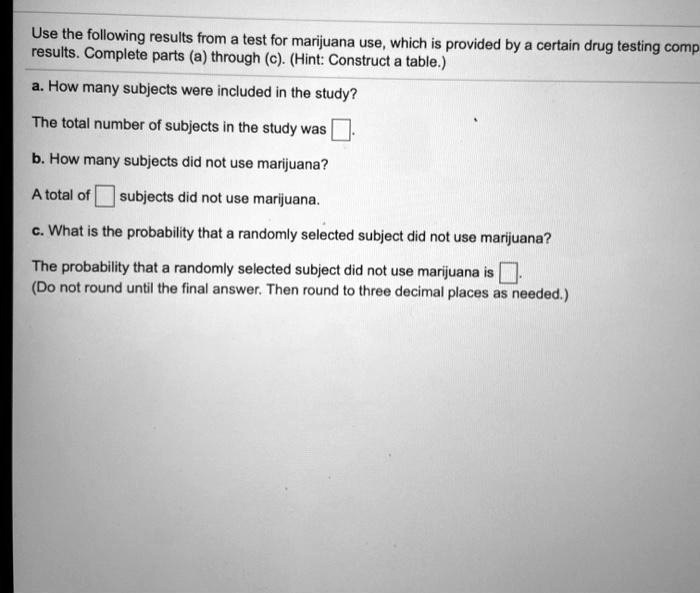Which Of The Following Is True About Cannabis
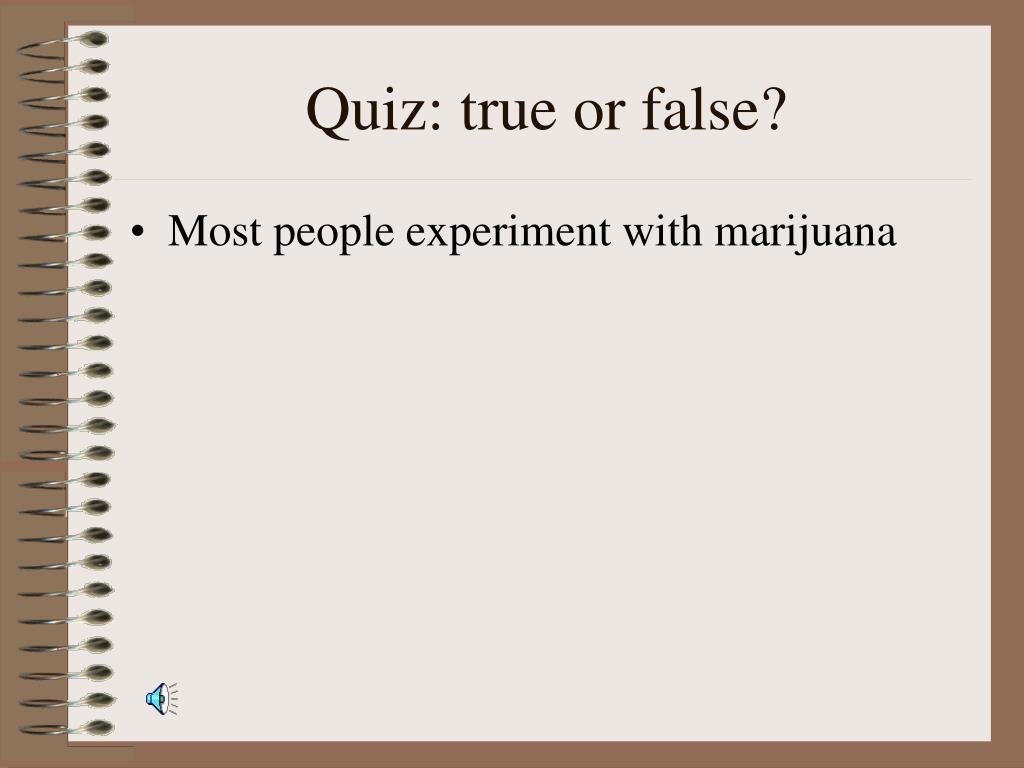
The landscape surrounding cannabis use is complex and constantly evolving. Increased legalization efforts across the globe have spurred significant scientific research and public discourse, leading to a more nuanced understanding of its potential benefits and risks.
This article aims to clarify some common misconceptions and provide an objective overview of what is currently known about cannabis use, drawing from reputable sources and scientific findings.
Understanding the Science
Cannabis, also known as marijuana, is a plant containing over 100 chemical compounds called cannabinoids. The two most well-known are tetrahydrocannabinol (THC), responsible for the psychoactive effects, and cannabidiol (CBD), which is non-intoxicating.
These cannabinoids interact with the body's endocannabinoid system (ECS), a complex network of receptors that plays a crucial role in regulating various physiological processes, including mood, pain sensation, appetite, and immune function.
Potential Medical Benefits
One of the most significant aspects of cannabis research revolves around its potential therapeutic applications. The National Academies of Sciences, Engineering, and Medicine released a comprehensive report in 2017, summarizing the existing evidence.
Their research found conclusive evidence that cannabis or cannabinoids can be effective for treating chronic pain in adults. Also, effective for reducing nausea and vomiting from chemotherapy, and improving spasticity symptoms in people with multiple sclerosis.
However, it is crucial to note that while some studies suggest potential benefits for other conditions like anxiety, sleep disorders, and epilepsy, the evidence is often limited and requires further investigation. Patients should consult with a qualified healthcare professional to determine if cannabis is an appropriate treatment option for their specific needs.
Risks and Potential Harms
Despite the potential benefits, cannabis use is not without risks. The effects of long-term cannabis use on brain development, particularly in adolescents, are a significant concern.
Studies suggest that early and heavy cannabis use may be associated with impaired cognitive function, including memory and attention. This is especially worrisome since the brain continues to develop until the mid-20s.
Other potential risks include respiratory problems associated with smoking cannabis, mental health issues such as anxiety and psychosis in susceptible individuals, and the potential for addiction or dependence. The Centers for Disease Control and Prevention (CDC) highlight the risk of developing Cannabis Use Disorder, especially with regular and high-potency cannabis products.
The Impact of Legalization
The legalization of cannabis has had a profound impact on research, accessibility, and public perception. States that have legalized cannabis have seen increased tax revenue, which can be used to fund public services.
However, legalization also presents challenges, including regulating the industry, preventing underage use, and addressing potential public health and safety concerns. Law enforcement agencies also face challenges in determining impairment while driving under the influence of cannabis.
Data from the National Institute on Drug Abuse (NIDA) indicates that rates of cannabis use and related emergency room visits have increased in some states following legalization.
Addressing Common Misconceptions
One common misconception is that cannabis is not addictive. While not as physically addictive as substances like opioids or alcohol, cannabis can lead to psychological dependence and Cannabis Use Disorder, characterized by compulsive drug-seeking behavior and withdrawal symptoms upon cessation.
Another misconception is that all cannabis products are the same. The potency and composition of cannabis products can vary significantly, depending on the strain, cultivation methods, and processing techniques. This can have a significant impact on the effects experienced.
Finally, there is the belief that cannabis is completely harmless. While it may have some potential therapeutic benefits, it is not without risks, particularly for young people and those with pre-existing mental health conditions.
Moving Forward
The future of cannabis research and policy will likely involve a continued effort to understand its complex effects on the body and mind. More rigorous clinical trials are needed to evaluate its potential therapeutic benefits for various conditions.
Public education campaigns are also crucial to inform the public about the potential risks and benefits of cannabis use, promoting responsible use and preventing underage consumption. Open and honest dialogue between researchers, policymakers, and the public is essential to navigate the complex landscape of cannabis in a way that promotes public health and safety.
Ultimately, informed decisions regarding cannabis use should be based on evidence-based information and consultation with healthcare professionals.


